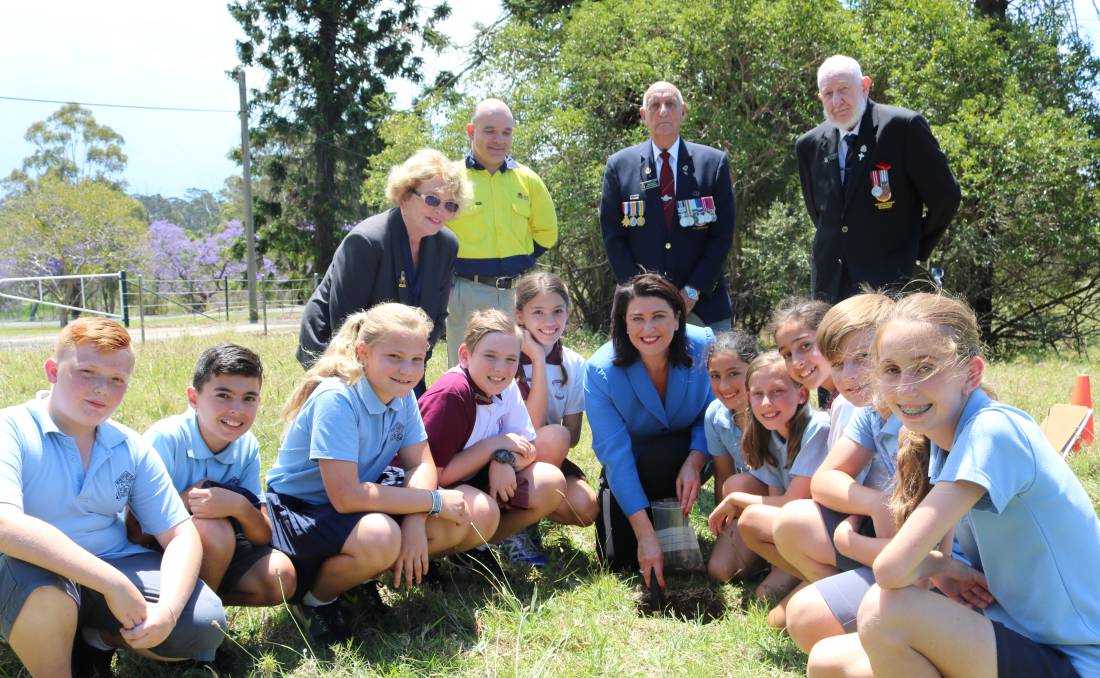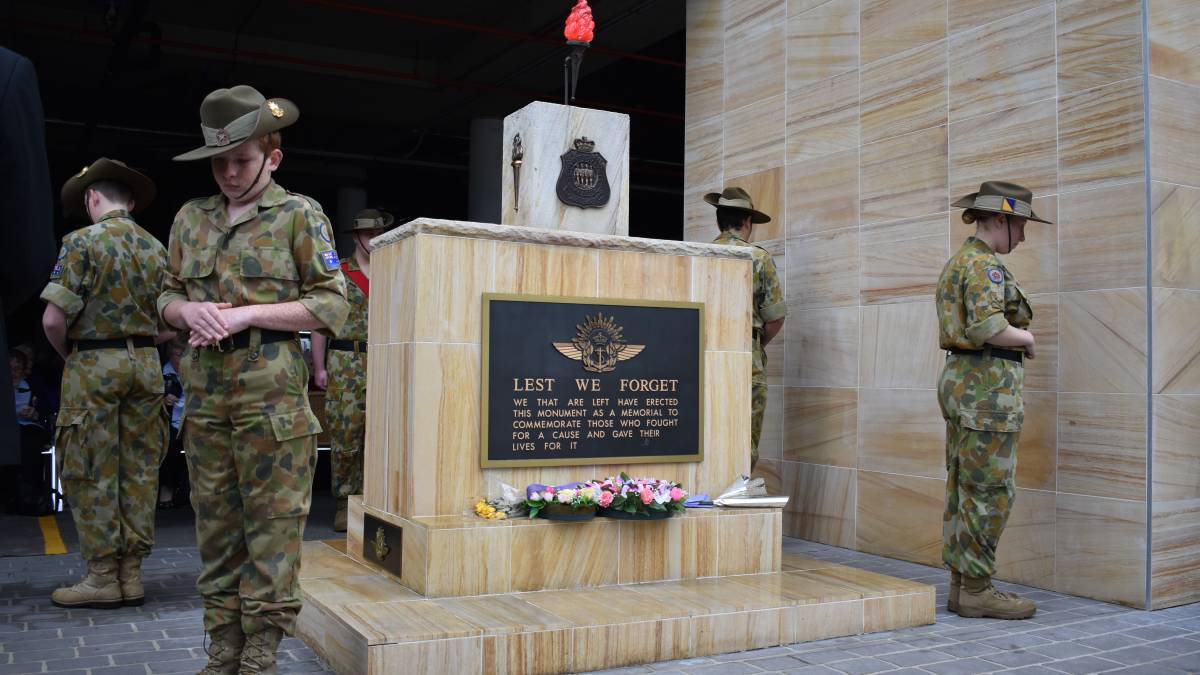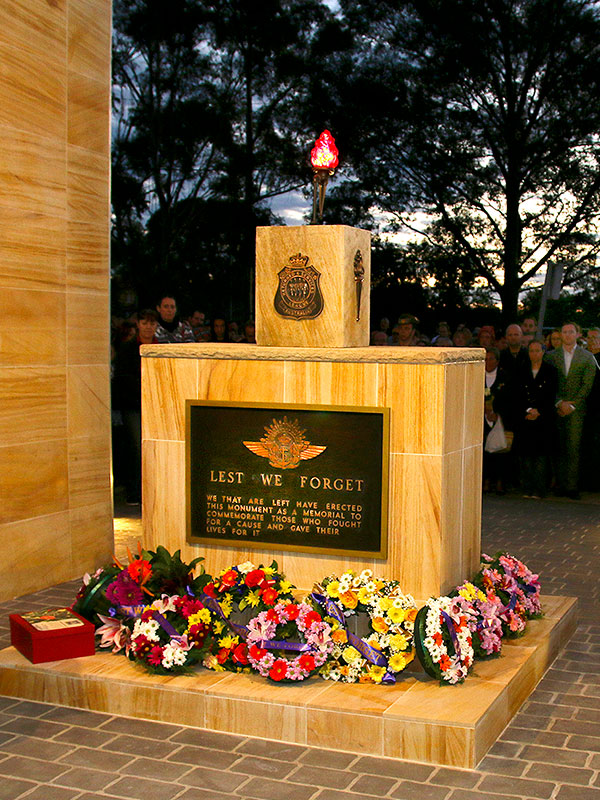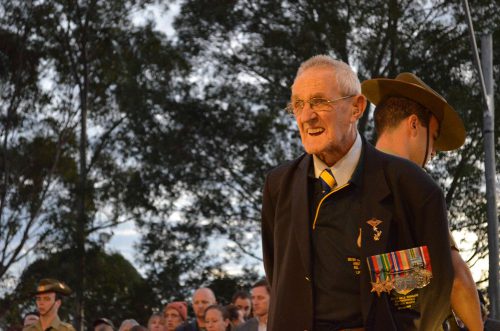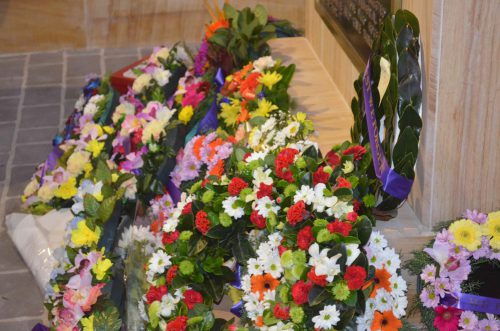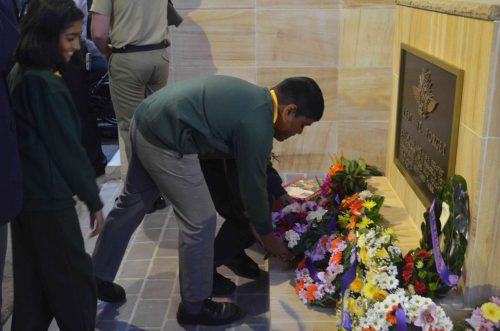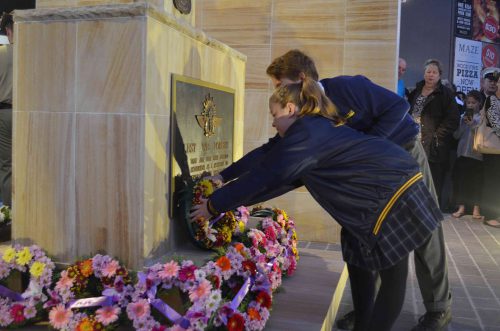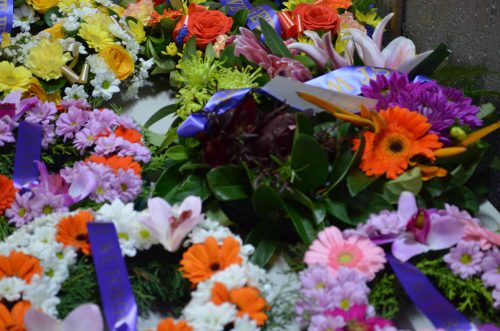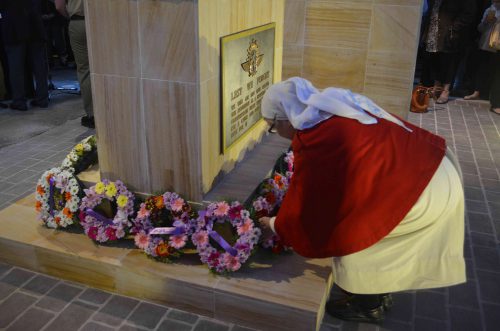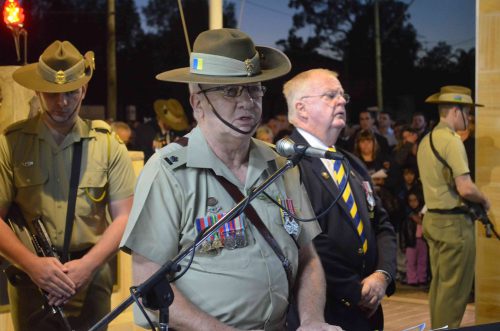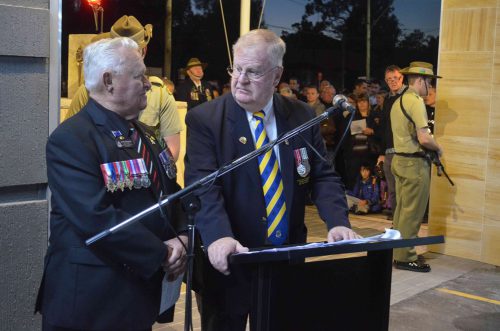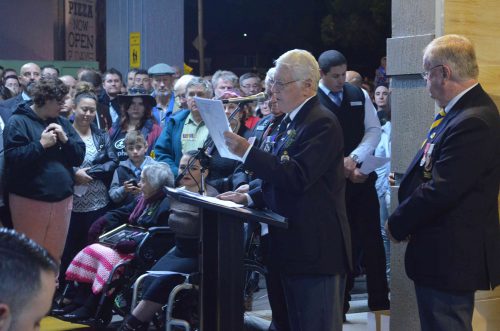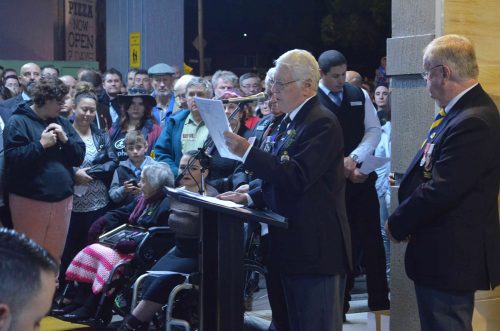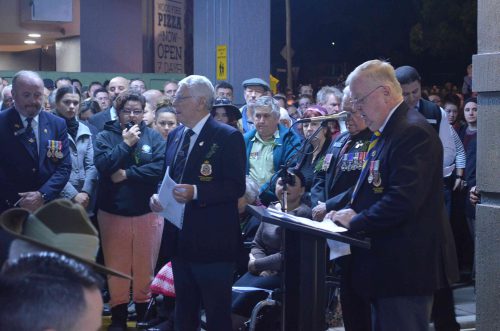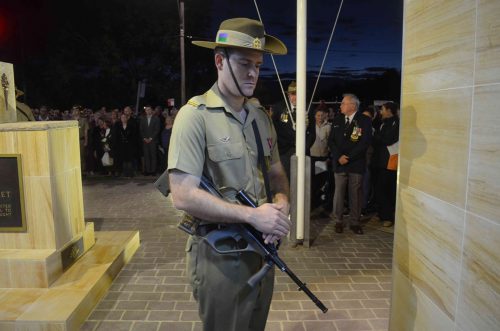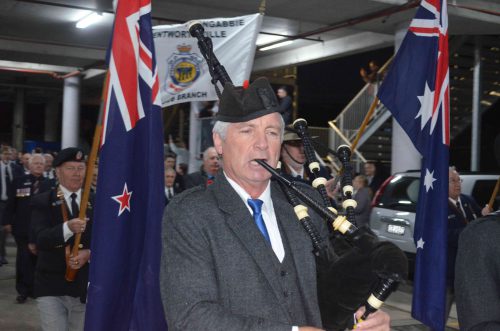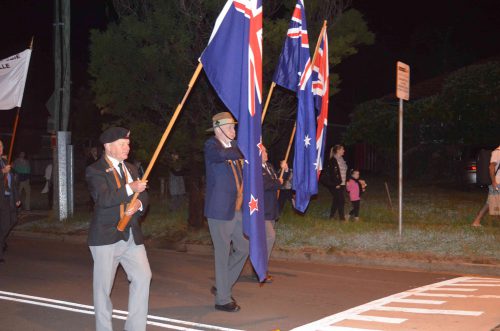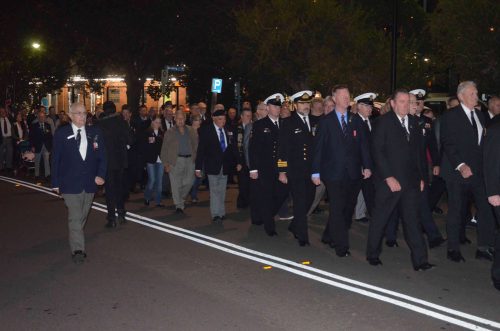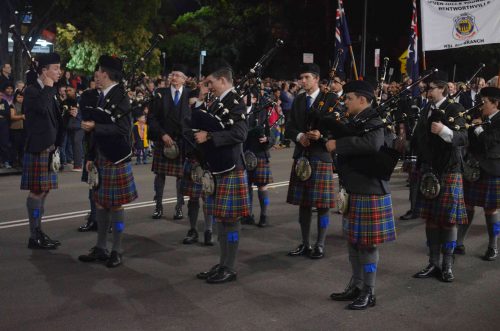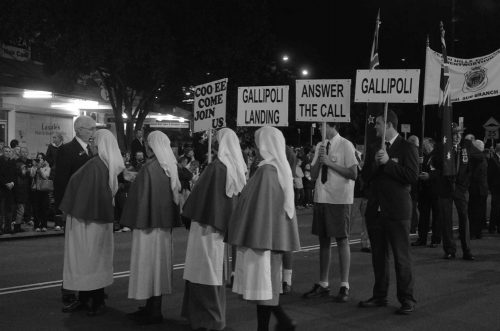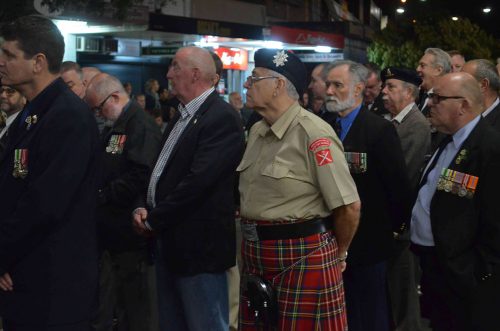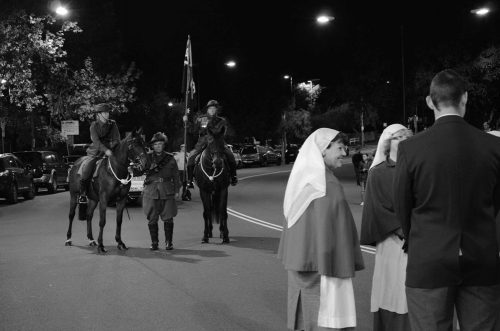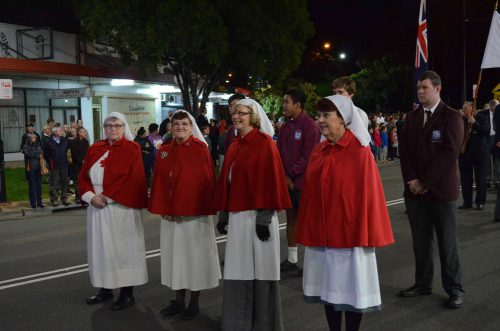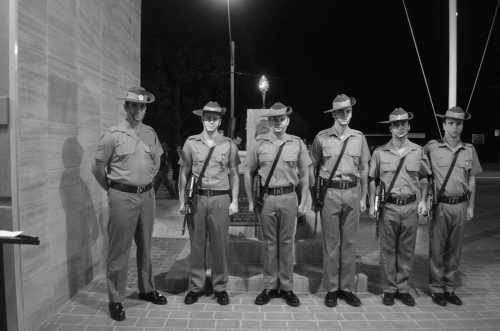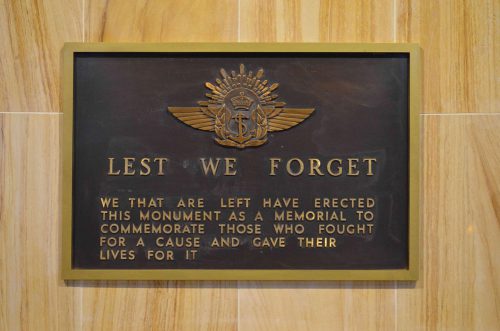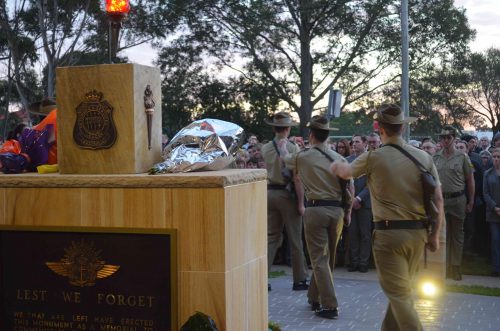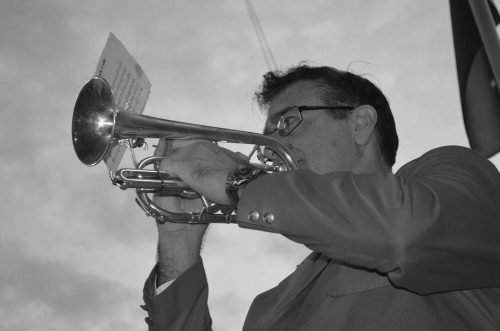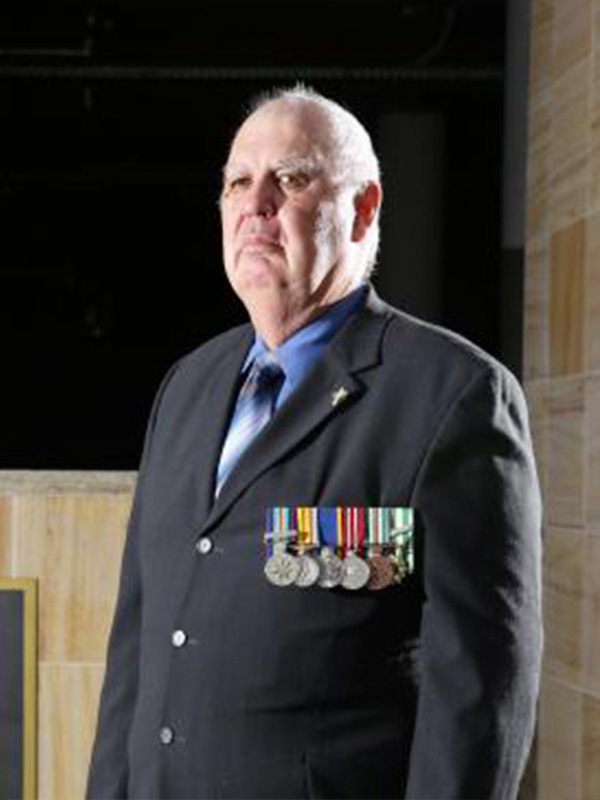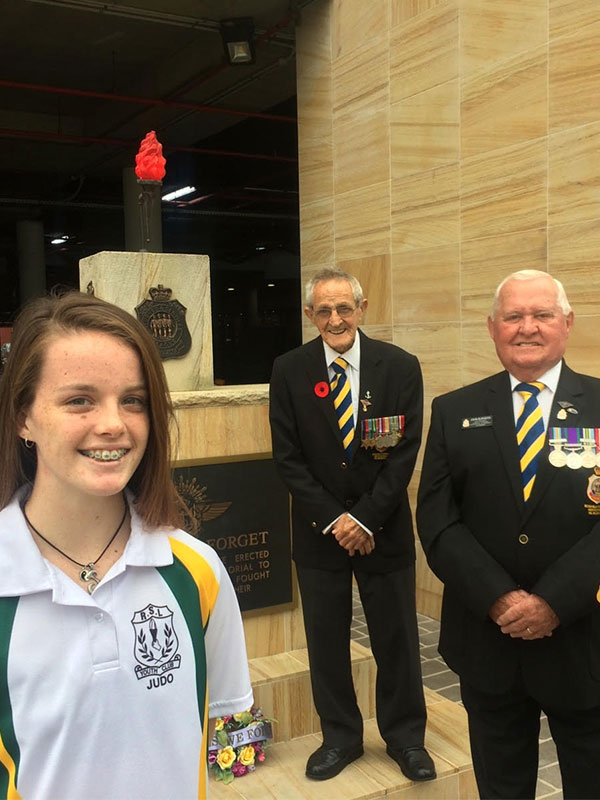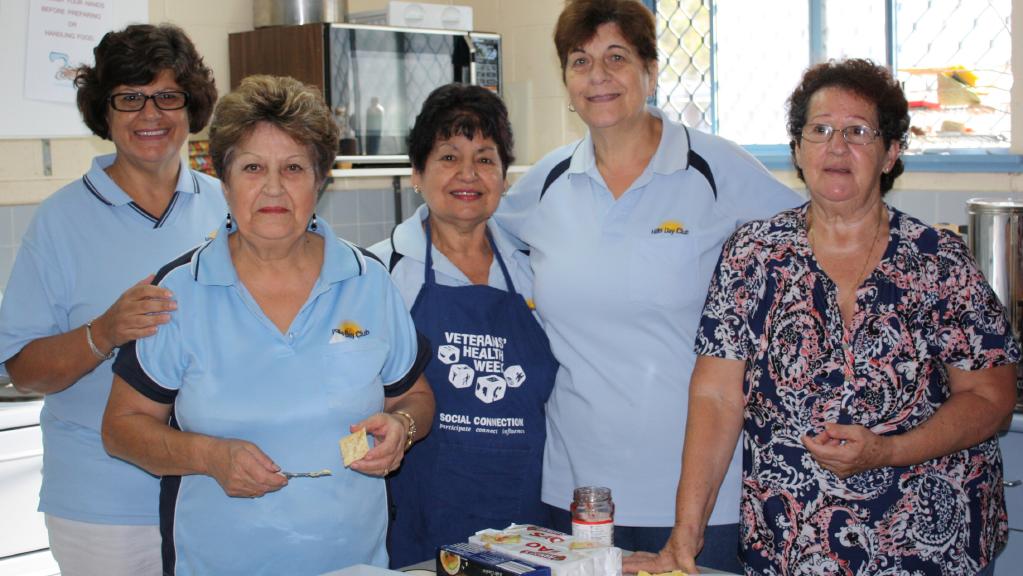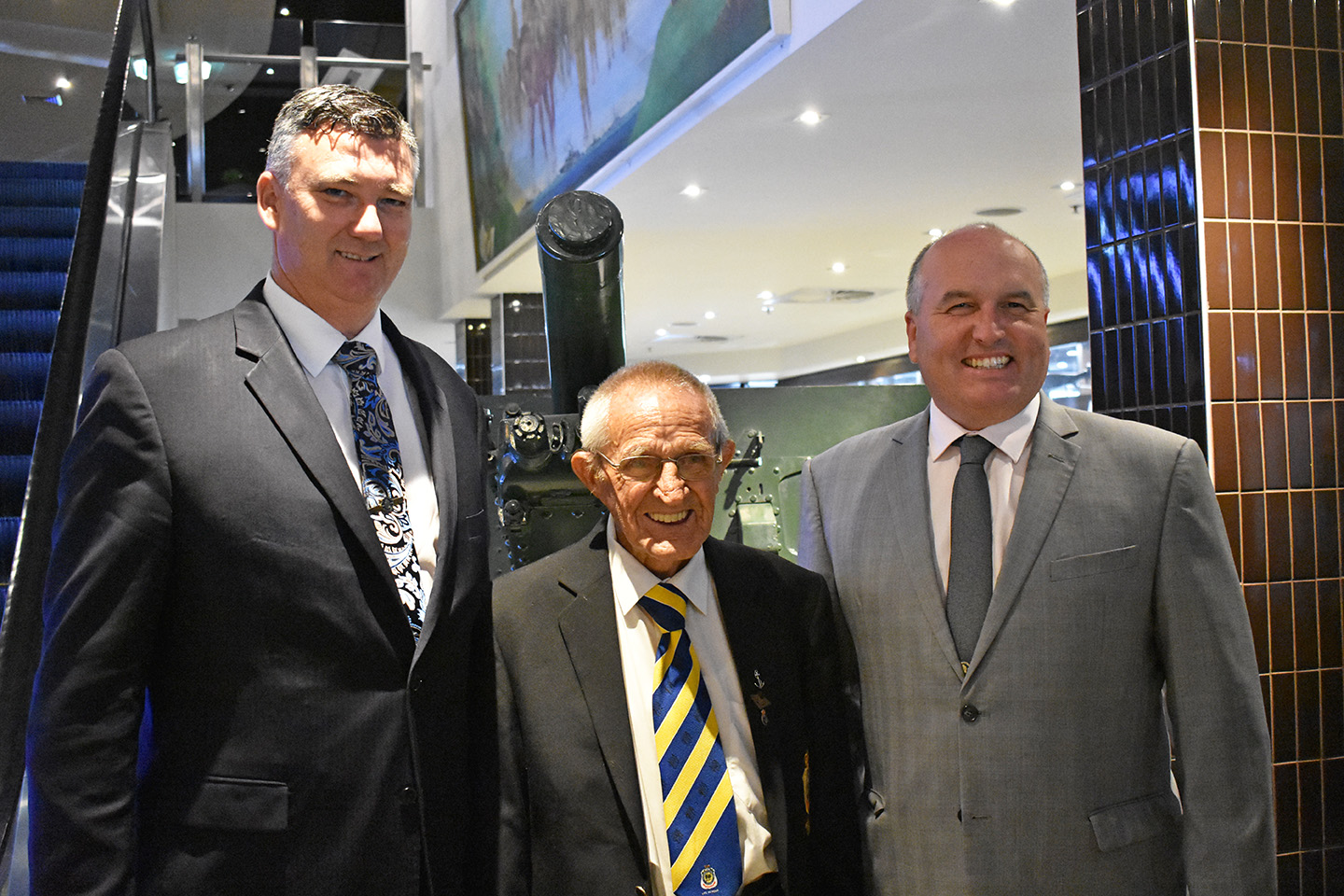
As time passes, the number of Australians who have personally experienced war is becoming scarcer and scarcer, with all its horror and loss, but also with its sense of camaraderie and triumph.
With them will go their memories and understanding of the way conflict has affected our families and local communities. Out of these experiences came an array of memorabilia in the form of medals, photographs, artworks, diaries, letters, film, and an assortment of other artefacts. Each of these items is a commemorative reminder to following generations of this sacrifice.
The Seven Hills Toongabbie Wentworthville RSL Sub-Branch have been busy collecting wartime relics to expand its memorabilia display at the Seven Hills RSL Club. The project started 7 months ago when Joseph Bayssari (Seven Hills RSL General Manager), Graeme Quinn (Sub-Branch President), Peter Harrington (Sub-Branch Senior Vice President) and Peter Sparrow (Sub-Branch Minutes Secretary) went on a trip to Cowra to bid for extra memorabilia at an auction.
Mr Harrington admitted, “we got a bit carried away”, and was excited to unveil the display to the public. Some of the prize items that were purchased include Howitzer guns from WWII and the Vietnam War, a Weapons Carrier truck, light horses with original saddle bags from over 100 years ago and models of various war ships including one of the HMAS Derwent, a ship that Peter Harrington and other Sub-Branch Members served on.
Seven Hills RSL’s updated War Memorabilia Area is truly impressive and a very informative piece of Australian history. Chris Gammage (Sub-Branch Honorary Secretary) has gone the extra mile and worked tirelessly to research each memorabilia piece and provide a write-up for each display. In addition, the War Memorabilia Area features an animated touch screen kiosk allowing visitors to select a video tour of each war Australian has served in.
Curious to see the new attraction, the Hon. David Elliott, Minister for Veteran Affairs, and Mark Taylor MP, visited the Club on Friday 8 December to meet with the Sub-Branch Members and take a personal tour of the commemorative display.
Sub-Branch President Graeme Quinn says, “It is an honour to host the Hon. David Elliott and Mark Taylor and we welcome the local community to come and visit our updated Memorabilia Area. We have already formally hosted children from the 1st Balcombe Heights Club Scout Pack and invite any youth organisation to contact us for a guided tour. Guests of the Club are also encouraged to visit the display. It is important for us to preserve these pieces of Australian history and pass this information on to the next generation.”
























